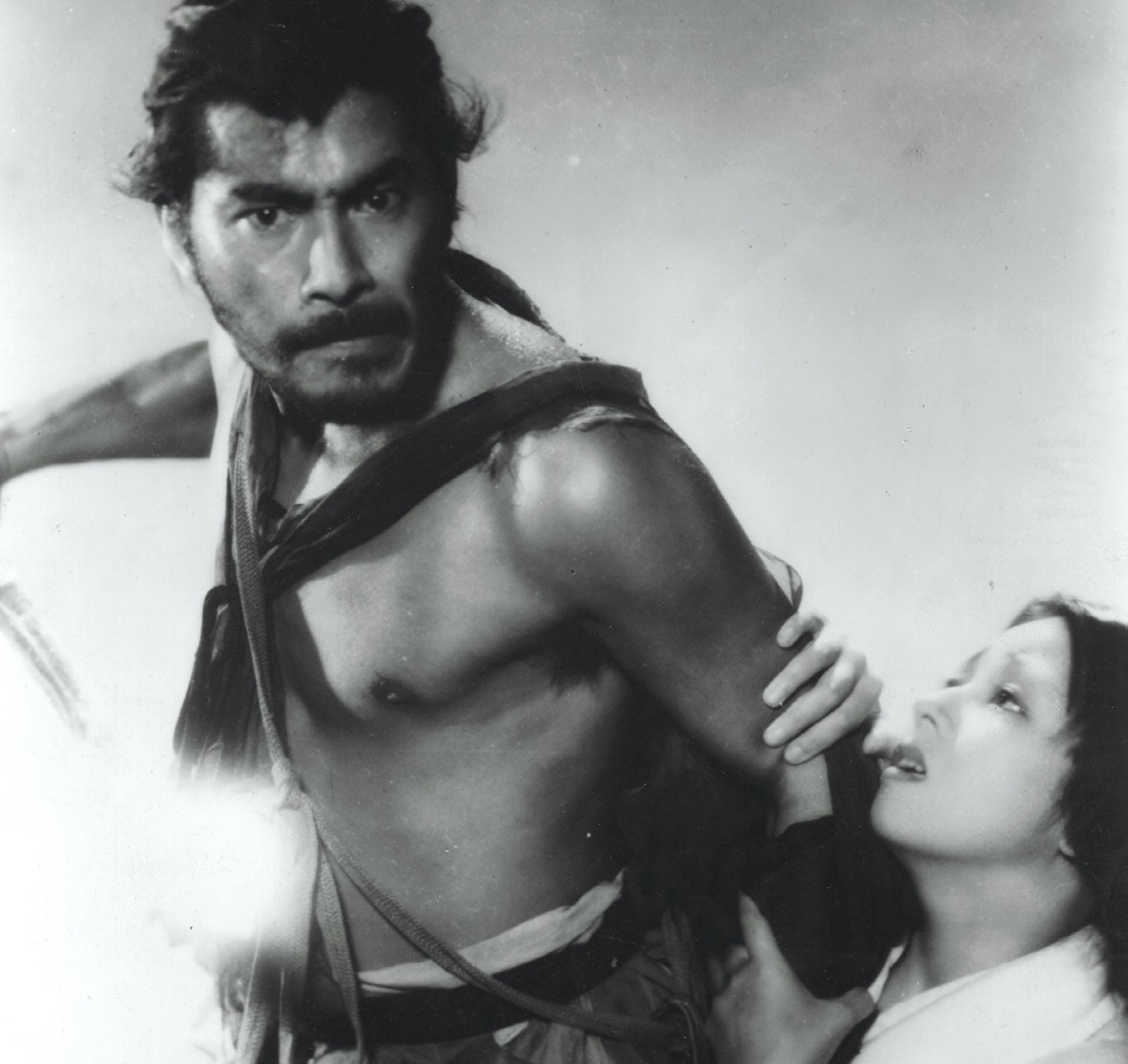
Some of the best examples of samurai cinema come from Japanese director Akira Kurosawa, himself descended from a samurai family
© Getty Images
I believe my interest in Japanese history dates back to my teenage years and most likely began with the art. It’s possible that my entryway here was actually Japanese comics (or manga) and that somewhere from that I learnt about woodblock prints and the long history of that form. The images are so vibrant and expressive - it’s a truly captivating art form. And from there I dug deeper, learning about Japanese traditions, customs and key events, watching a lot of samurai movies and delving into those legends. Like so much history, scratching the surface tends to reveal how many misconceptions and misunderstandings you have and I often feel that way with Japanese history.
I was delighted to have the help of Dr Nyri Bakkalian to talk us through the important military traditions of Japan and most especially the rise of the samurai class as the most powerful in the country. Behind their iconic armour and stoic philosophies is a tumultuous past that’s well worth investigating. Elsewhere we celebrate pioneers of the LGBT+ movement with a number of experts, learn how civilisations can disappear with Philip Matyszak and make ourselves very hungry learning about the history of chocolate. As you can tell, this is an especially broad and varied issue we’re bringing you this month. I hope you enjoy these pieces and the rest.